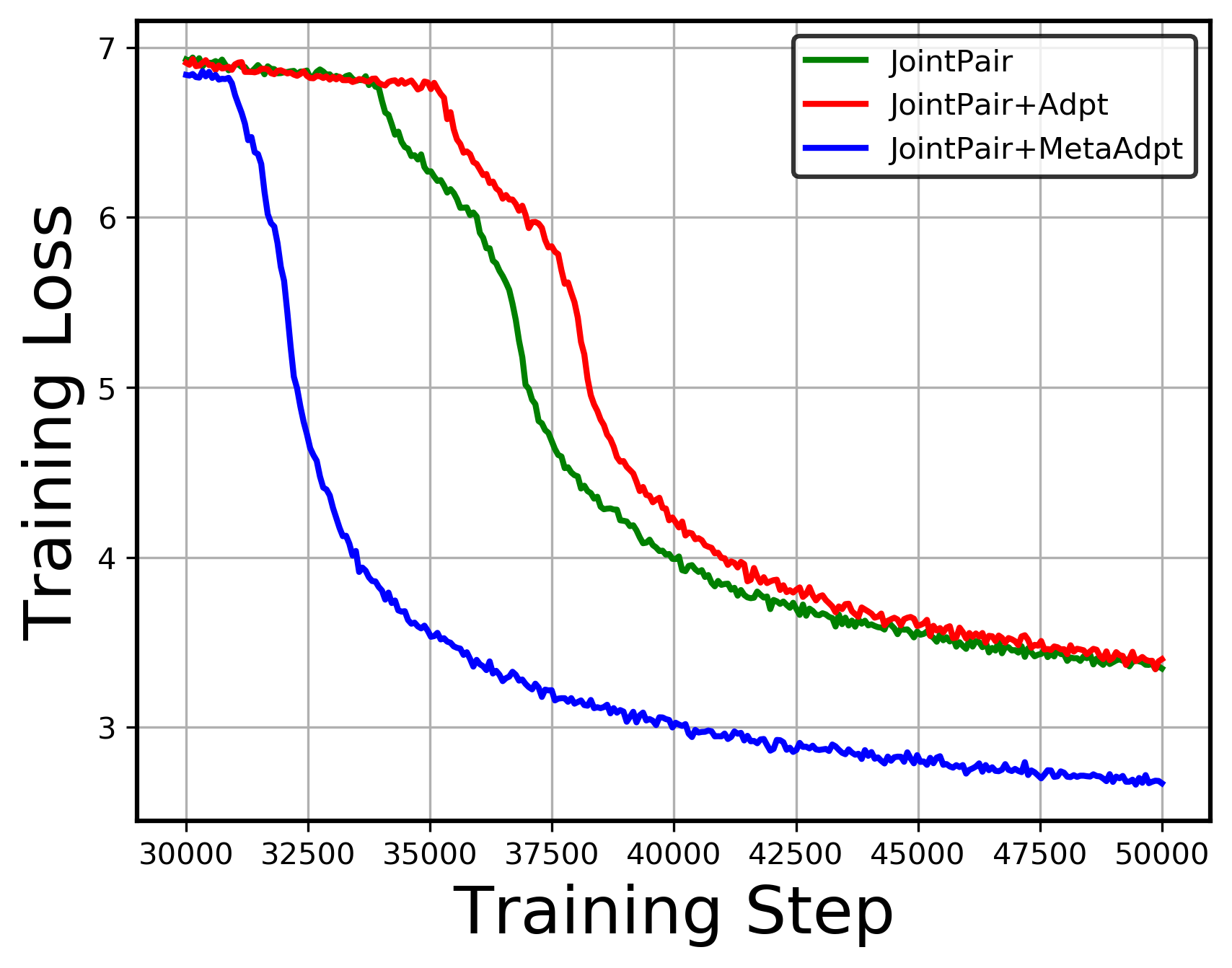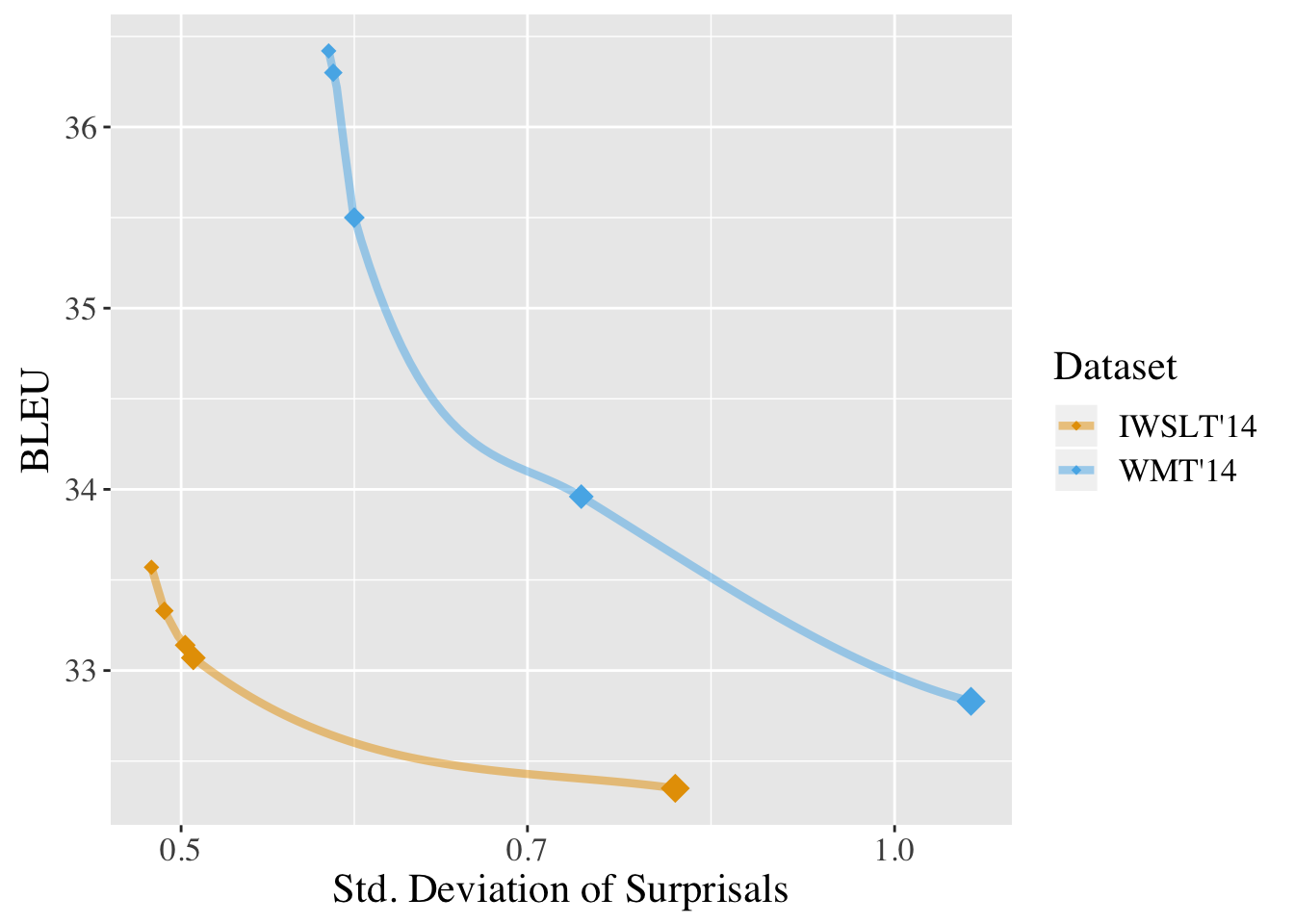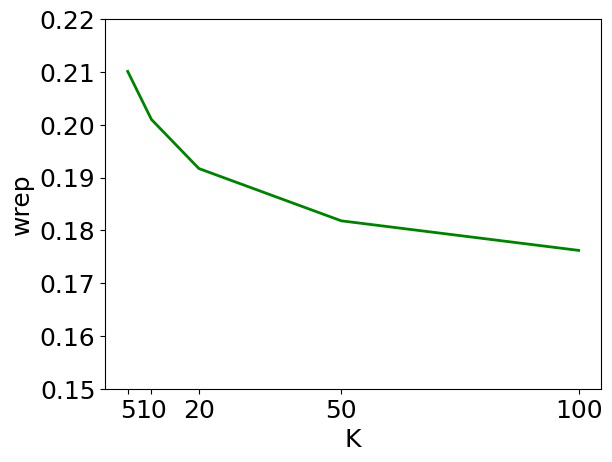Consistency of a Recurrent Language Model With Respect to Incomplete Decoding
Sean Welleck, Ilia Kulikov, Jaedeok Kim, Richard Yuanzhe Pang, Kyunghyun Cho
Language Generation Long Paper

You can open the pre-recorded video in a separate window.
Abstract:
Despite strong performance on a variety of tasks, neural sequence models trained with maximum likelihood have been shown to exhibit issues such as length bias and degenerate repetition. We study the related issue of receiving infinite-length sequences from a recurrent language model when using common decoding algorithms. To analyze this issue, we first define inconsistency of a decoding algorithm, meaning that the algorithm can yield an infinite-length sequence that has zero probability under the model. We prove that commonly used incomplete decoding algorithms – greedy search, beam search, top-k sampling, and nucleus sampling – are inconsistent, despite the fact that recurrent language models are trained to produce sequences of finite length. Based on these insights, we propose two remedies which address inconsistency: consistent variants of top-k and nucleus sampling, and a self-terminating recurrent language model. Empirical results show that inconsistency occurs in practice, and that the proposed methods prevent inconsistency.
NOTE: Video may display a random order of authors.
Correct author list is at the top of this page.
Connected Papers in EMNLP2020
Similar Papers
On Negative Interference in Multilingual Models: Findings and A Meta-Learning Treatment
Zirui Wang, Zachary C. Lipton, Yulia Tsvetkov,



